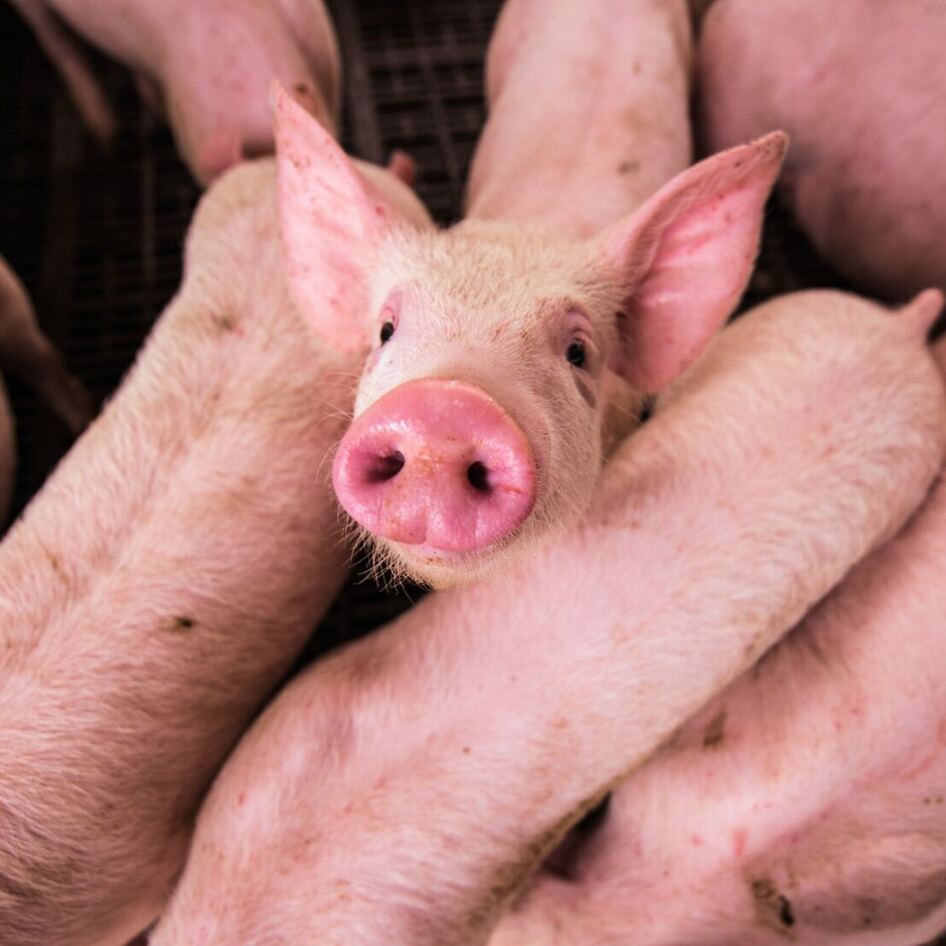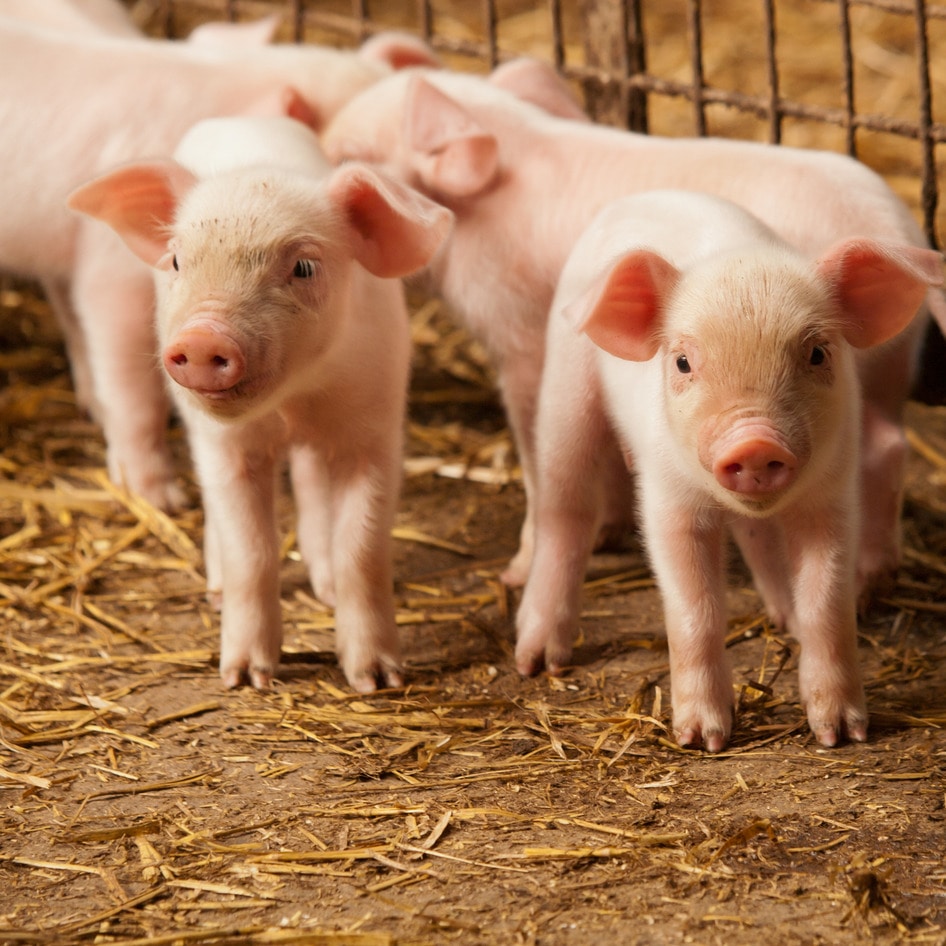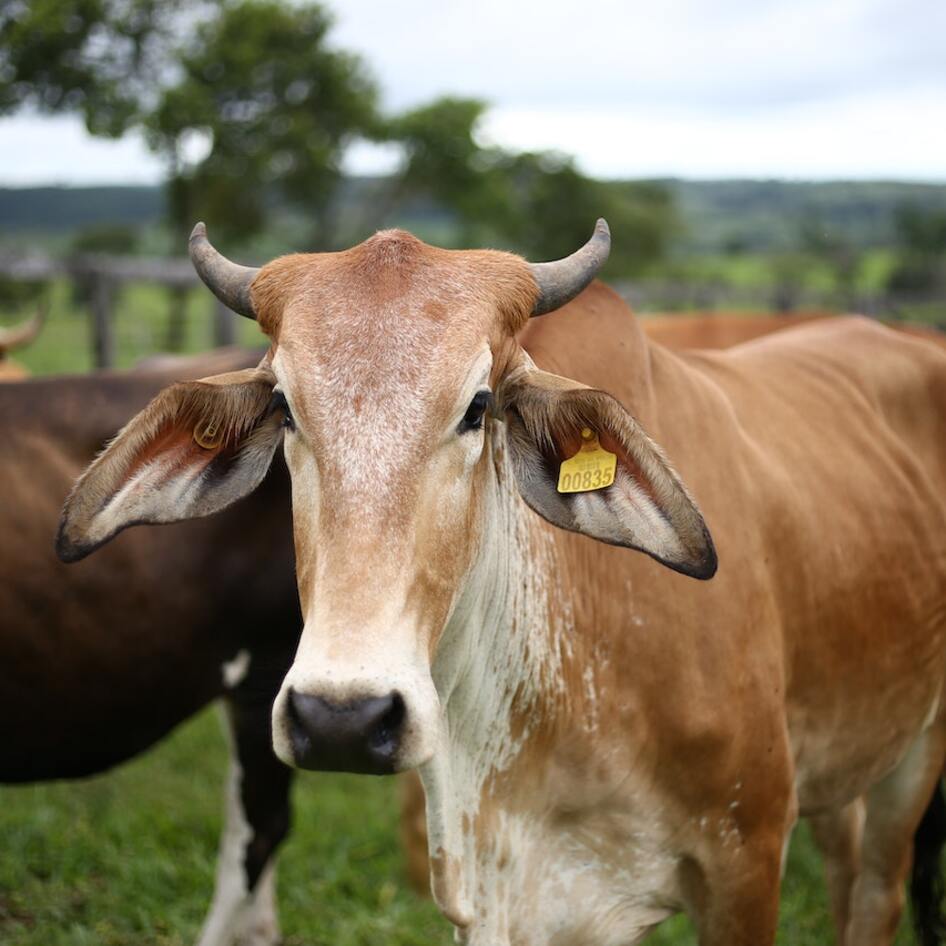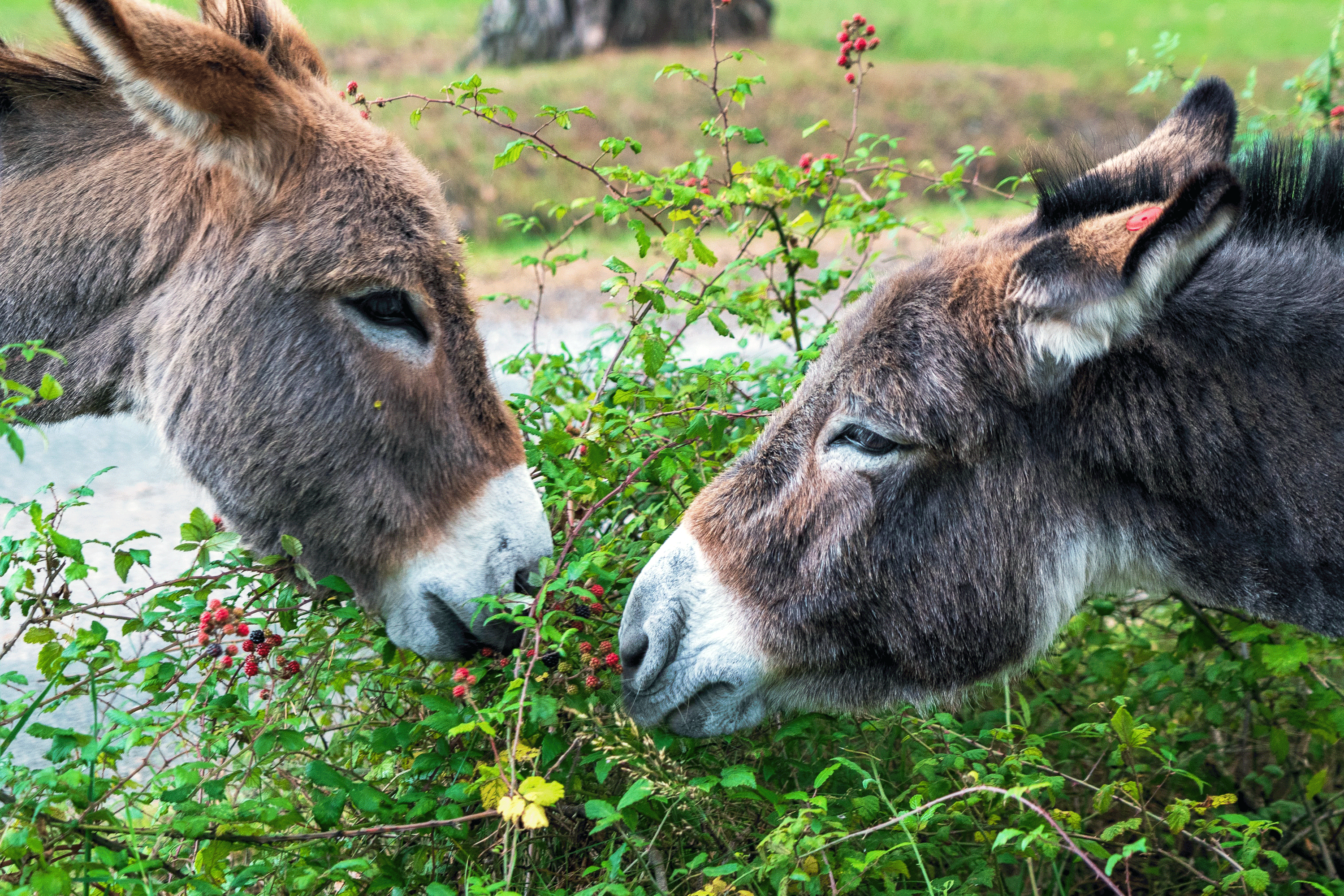Current Bills and Laws Fighting for Animal Rights
Take a look at a comprehensive review of US factory farming laws and laws currently proposed that offer animals some protections.
February 6, 2011
In an ideal world, all animals would not be raised for slaughter, but since 10 billion animals each year are currently raised to be eaten in the US alone, laws need to be set in place that protect those animals from the most egregiously cruel farming practices used today. Factory-farm laws are state-by-state cases that need legislation and a majority of voters to pass the law since one of the few federal laws in place for animals is the Humane Methods of Slaughter Act enacted in 1958, which exempts birds (the majority of animals raised for food). Currently, Washington has a pending ballot to ban battery cages to be voted on in 2011. Here’s a look at laws currently on the books and what’s in store for the future.
What’s Passed
In November 2008, almost two-thirds of California voters passed Proposition 2, which raised the standards of living conditions for factory-farm animals. The proposition bans battery cages for laying hens, confining veal crates, and gestation crates for pigs. These major changes will be instituted in all factory farms by 2015. In July 2010, a California law was passed that all eggs will be cage free by 2015.
Very similar to Proposition 2, Michigan governor Jennifer Granholm signed bill HB 5127 into law in October 2009 that also bans battery cages, veal crates, and gestation crates.
With the instrumental help of The Humane Society of the United States (HSUS), 121 new state animal-protection laws passed in 2009. Paul Shapiro, senior director for the End Factory Farming campaign for HSUS, comments, “Progress for animals is not inevitable—laws don’t pass themselves. It is the product of a lot of people’s hard work.” Shapiro adds, “I feel confident, because of the great number of dedicated animal advocates, that we will make more meaningful progress each year on behalf of animals.”
Under Legislation
A new bill, the Massachusetts Prevention of Farm Animal Cruelty Act, was introduced by Rep. Jason M. Lewis and Sen. Robert L. Hedlund, which would require similar provisions as Proposition 2 in California.
Currently, there are pending ballots in both Washington and Oregon to ban battery cages. HSUS is pursuing a bill in the Oregon legislature, but if it fails, then the ballot measure would be voted on in 2012.
Originally proposed but failed in 2010, a bill to ban the sale and production of foie gras in Hawaii is being reintroduced by Hawaiian Rep. Angus McKelvey and Sens. Mike Gabbard, Chun Oakland, and Clayton Hee. If the bill is passed, Hawaii will join California and 15 countries in banning the dish.
State by State
Seven states ban the use of gestation crates: Florida, Arizona, Oregon, Colorado, California, Maine, and Michigan. The use of veal crates is outlawed in Arizona, Colorado, California, Maine, and Michigan. Battery cages are banned in California and Michigan with California taking one step further to ban the sale of any eggs that come from battery-cage facilities. In addition to these measures, California also bans tail docking of dairy cows. With all of California’s steps to ensure some degree of protection, the state ranked number one in HSUS’ ranking of all 50 states based on 65 different animal-protection issues in 10 major categories. New Jersey was a close second. The lowest ranking states—Idaho, Mississippi, North Dakota and South Dakota—earned such low scores (South Dakota got a score of 8 out of 65) because these four states don’t have any felony penalties for animal cruelty. The official rankings and each state’s score are listed on the Humane Society’s website.
With Washington’s ballot to ban battery cages to be voted on this year and several states passing laws that deal with factory-farming conditions, it’s hopeful society will become conscientious of animals’ need for better protection—including not being considered food.
JUMP TO ... Latest News | Recipes | Guides | Health | Shop







